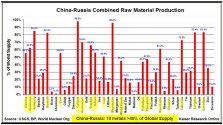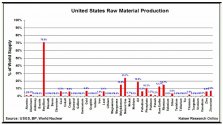This is quite a change I guess. China reopening causes enough inflationary pressure that the fed is forced to raise rates and send us economy into recession.
The other interesting side effects is how this affects us budget
Think about this, more spent on interests than the military. As long as interest keeps going up and stay high, it will give significant pain to us budget.


